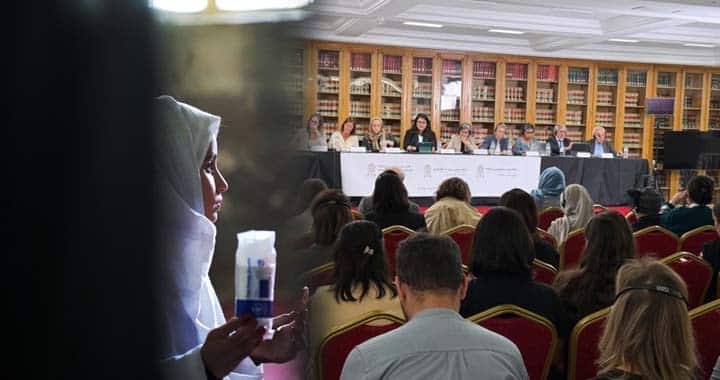While UNICEF has come forward with a heartbreaking revelation that one in four Afghan children suffers from anxiety, more than 100 human rights organisations have simultaneously rallied behind a global tribunal in Spain seeking justice for Afghan women enduring systemic repression under Taliban rule.
According to a report released by UNICEF on Thursday, one in four Afghan children aged 5 to 17 struggles with anxiety, and one in seven experiences depression. The agency said it has launched mental health workshops across Afghanistan and stressed the urgent need for a national strategy to address the growing child mental health crisis.
UNICEF emphasized that it continues to work to ensure Afghan children have access to healthcare, compassion, and hope for the future. It also warned that deteriorating health services, food insecurity, and climate impacts are driving record levels of malnutrition, with over 875,000 children under the age of five suffering from acute, life-threatening hunger.
At the same time, over 100 human rights groups, advocacy movements, and civil society organisations have hailed the ongoing People’s Tribunal on Women of Afghanistan in Madrid as a historic step toward justice. In a joint statement, they declared the Taliban’s policies against women to be crimes against humanity, describing Afghan women as “the first and most enduring victims” of the regime’s gender apartheid.
The tribunal aims to document and expose widespread human rights violations, including the persecution of women, minorities, journalists, and former officials. The groups have urged the Spanish government and the European Union to pursue judicial proceedings against the Taliban and their enablers “without political compromise.”
During the second day of the hearings, participants shared harrowing testimonies about the Taliban’s bans on education, healthcare, and employment for women. Observers called the tribunal a landmark moment that keeps global focus on Afghan women’s suffering and may help advance international recognition of gender apartheid as a crime under international law.
Together, these developments paint a grim picture of Afghanistan’s deepening humanitarian crisis, where children’s mental anguish and women’s systemic oppression continue to expose the heavy toll of prolonged instability and global neglect.





